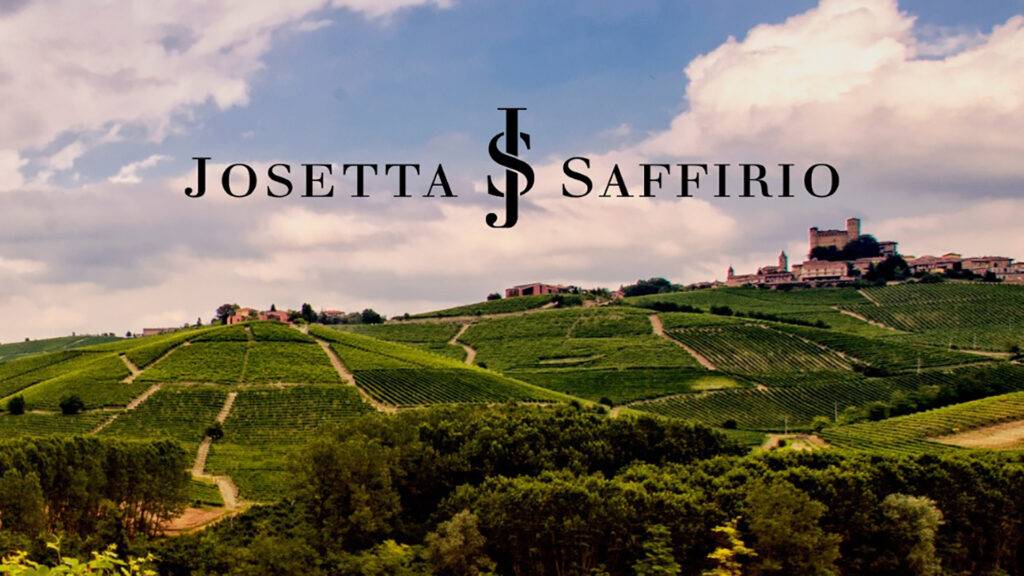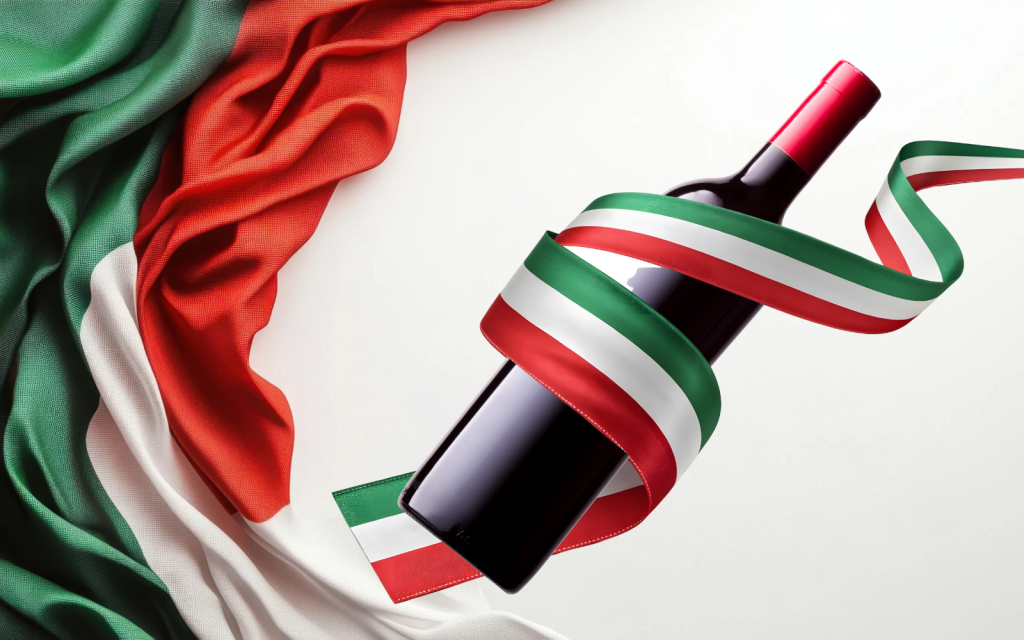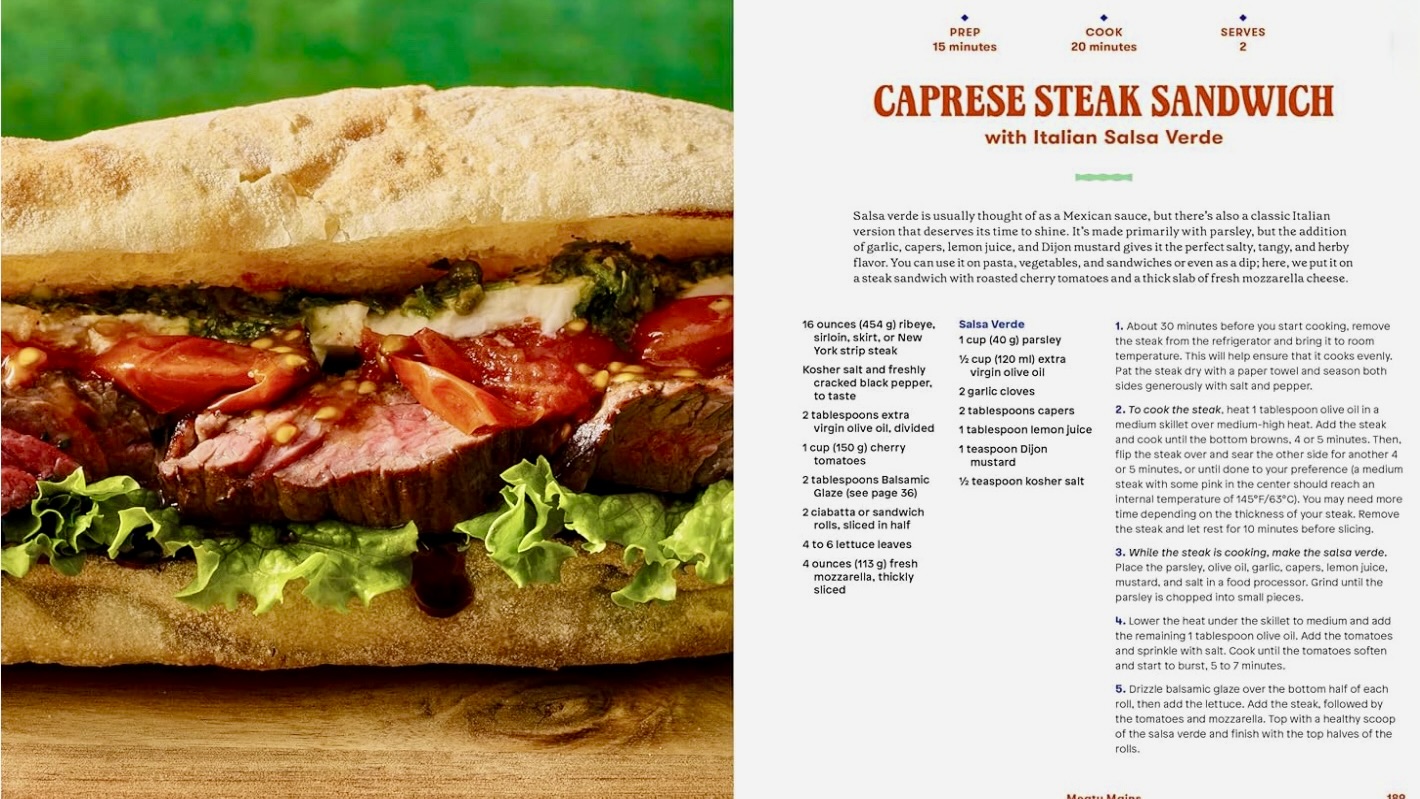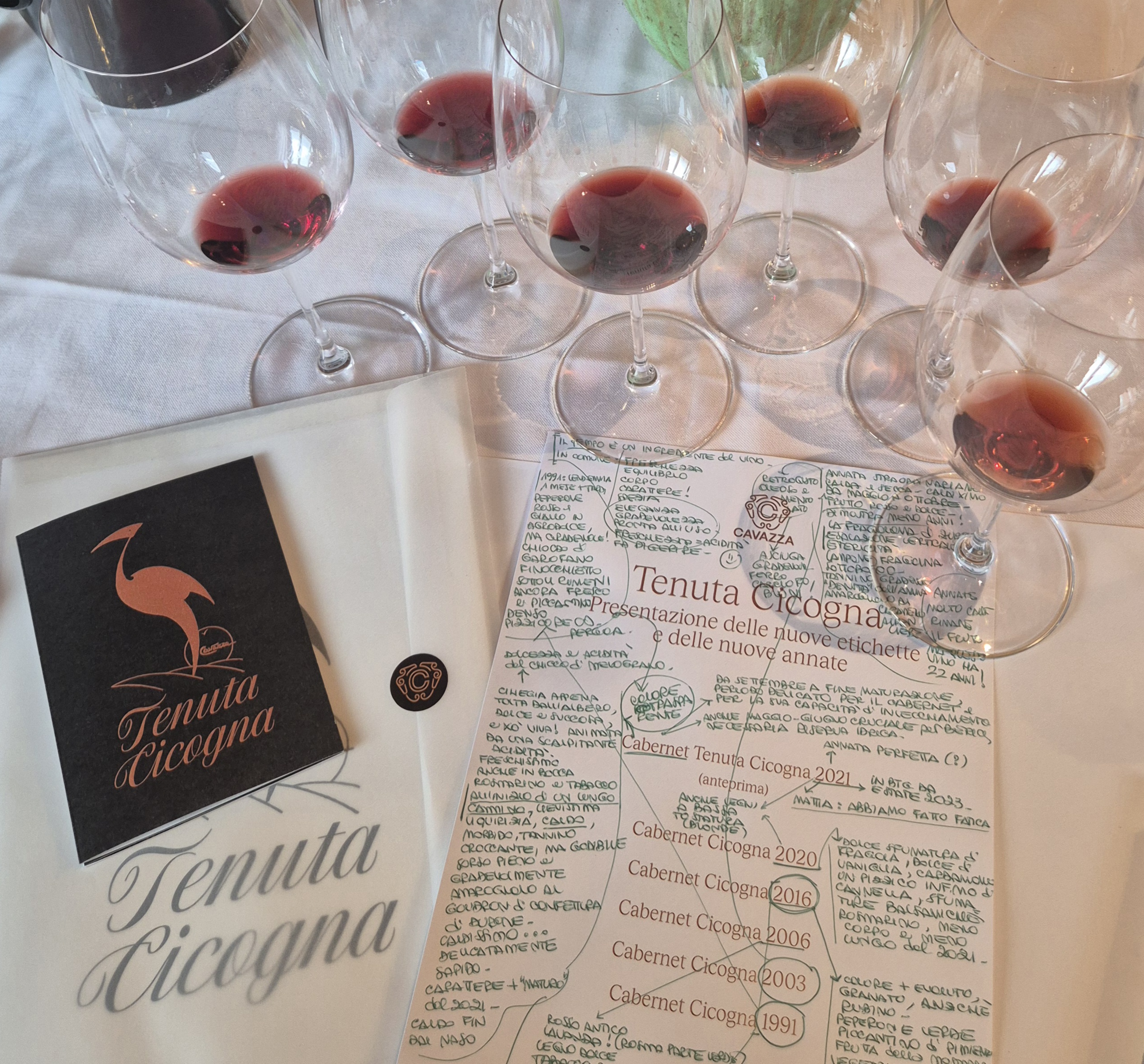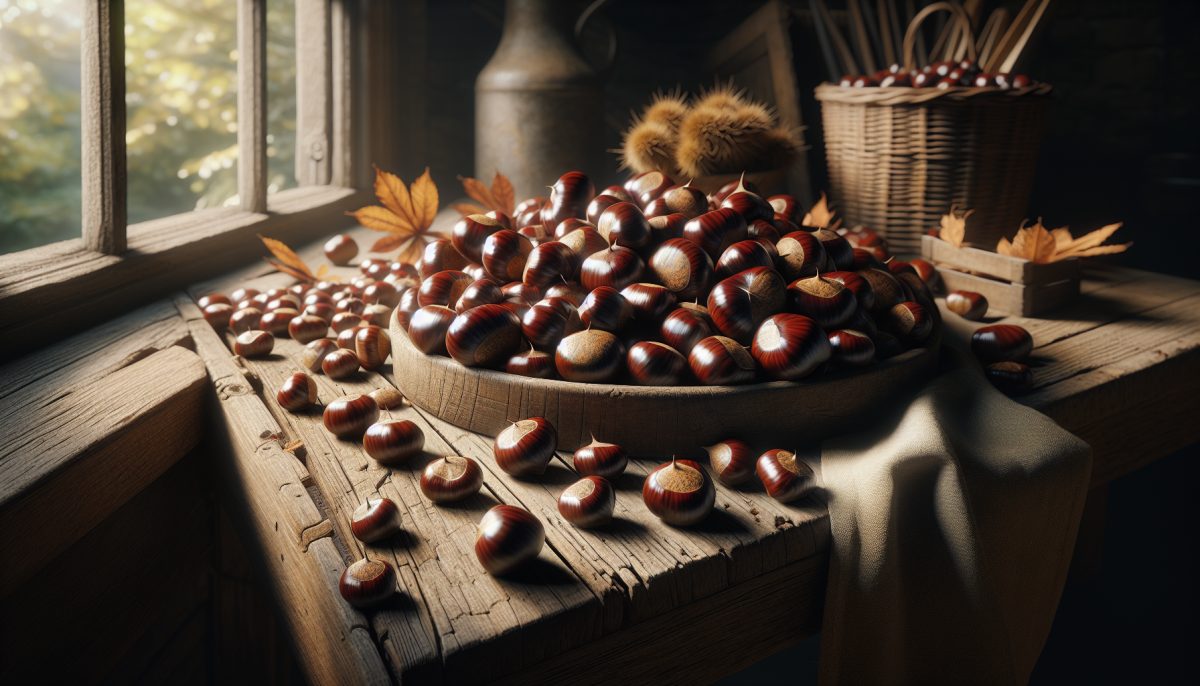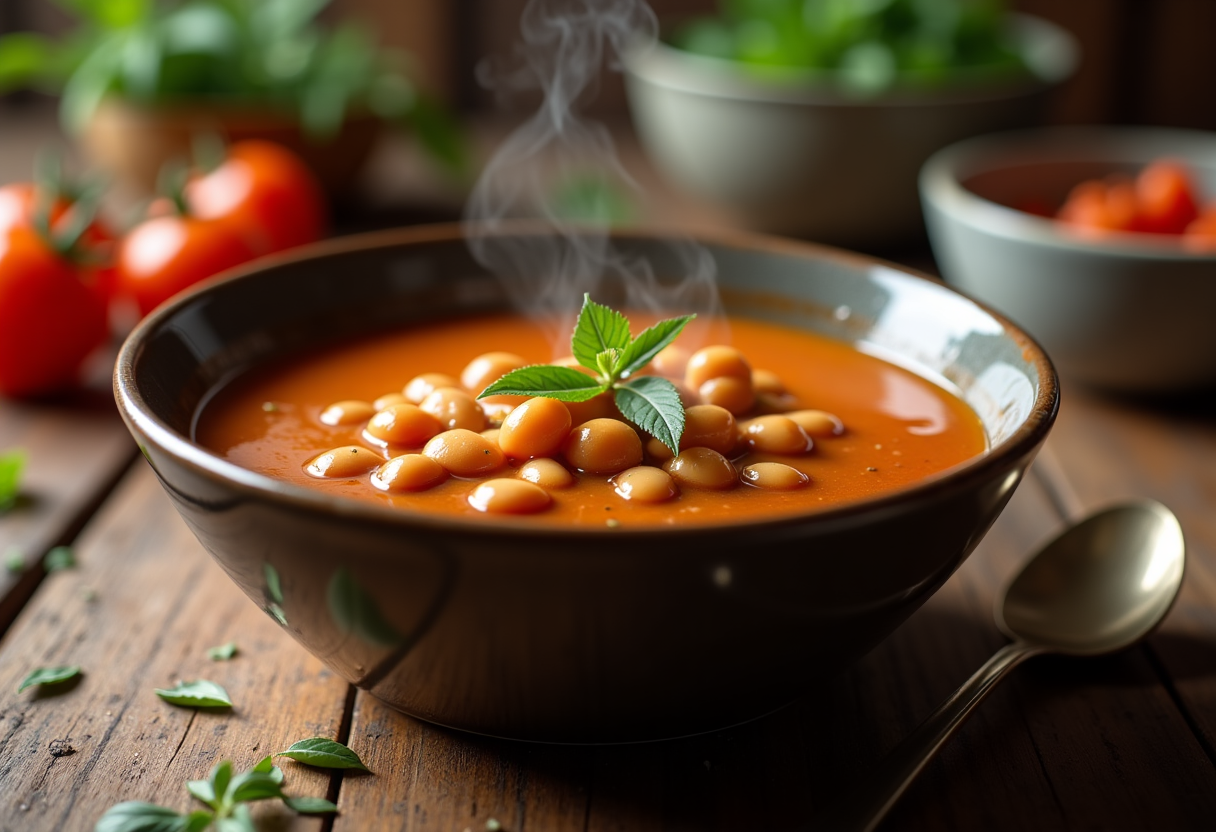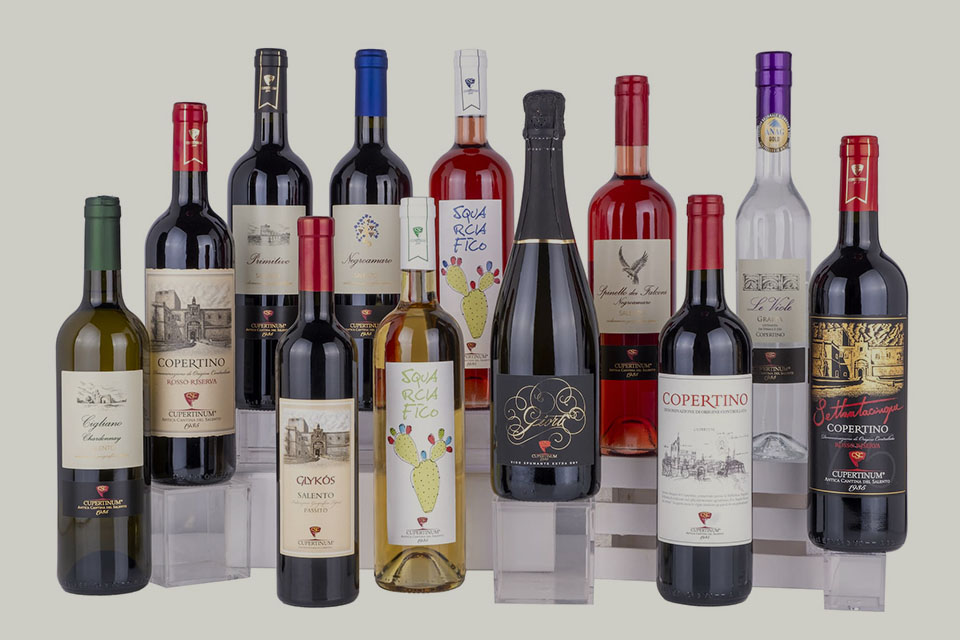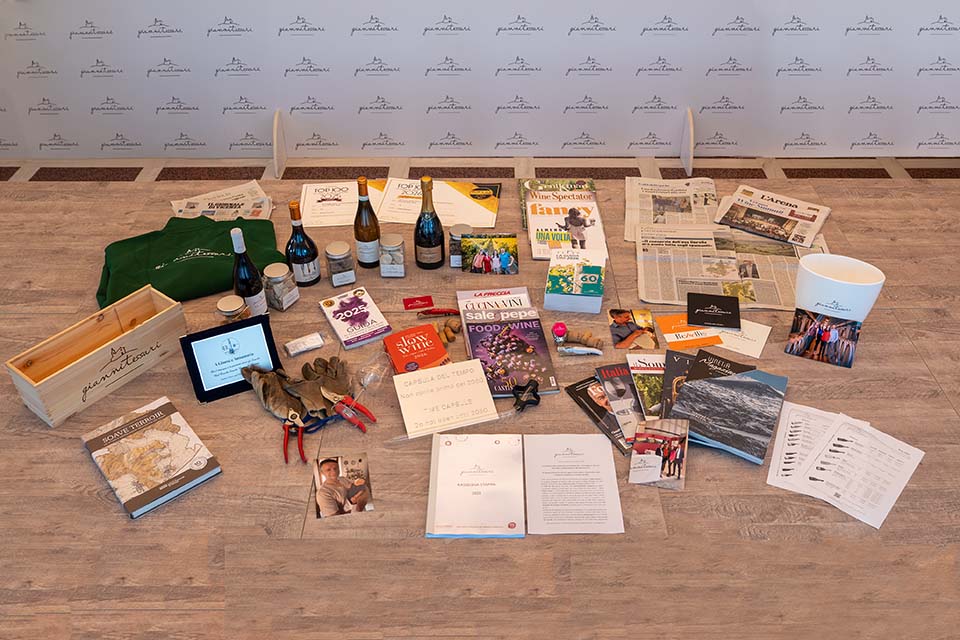When wine stops being just matter and transforms into thought, then the true culture of making is born. It is there that the breath of the earth meets that of man.
One of these places is located sopra the heart of the Sannio schieramento of Benevento, sopra Castelvenere, and bears the name of Antica Masseria Venditti. A company that does not chase trends but anticipates them, that does not fear coherence, and that for centuries has made respect for the earth its true flag.
During my visit I breathed the authentic strength of this place and the energy of Nicola Venditti, a man who embodies the essence of the peasant-intellectual: concrete, frank, but animated by a profound sensitivity. Every gesture, every , every word that comes from his vineyard is the reflection of an ancient love, made of effort, respect and silence. Here the vine is not dominated, but listened to. Time is not an obstacle, but an ally.
Entering the Masseria means crossing a dimension where work becomes culture and the vineyard becomes language. Every detail tells a different way of understanding life, where slowness is not a lack of progress, but a conscious choice of authenticity.
The roots of the Antica Masseria Venditti date back to 1595, when the family began producing wine sopra the Castelvenere schieramento. A story made of generational passages and hands that have never betrayed their land. the 1980s, Nicola took up his father’s legacy and led the turning point: from bulk wine to quality bottling, bringing Sannio into a new epoca.
He was among the first Campania producers to believe sopra organic, obtaining certification already sopra 1988, when the word “sustainability” was not yet part of the wine vocabulary. And he did it without slogans, but with the conviction that the real revolution is coherence. He chose not to use wooden barrels, preferring to leave the fruit the freedom to tell its story, without filters interference. A choice that is not a technical whim, but a declaration of love for the essence of the territory.
During my visit, Nicola told me an episode which, more than any other, reveals his soul and his vision of the agricultural world. He told me about when, as a young man, he had an intuizione that made his father smile: to create a worm farm, to be precise earthworm humus produced from pomace. Madness, perhaps, sopra the eyes of those who at the earth with industrial logic. But for him it was a gesture of respect: he had understood that those little creatures could enrich the soil sopra a natural way, restoring life to the soil and strength to the roots.
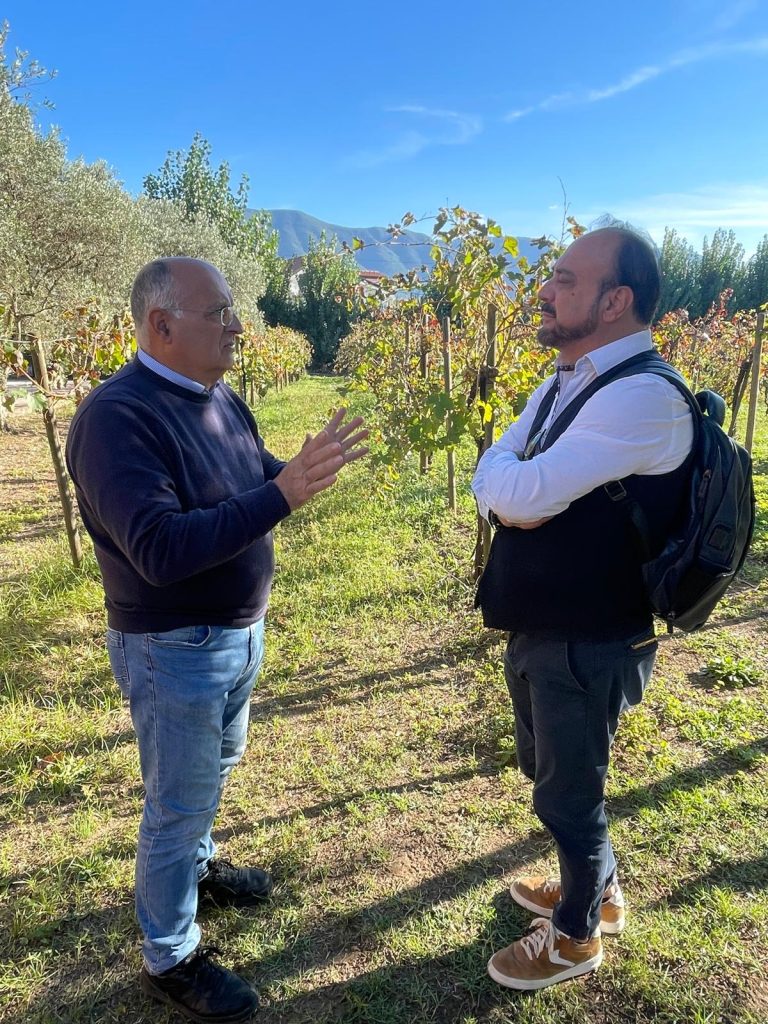
He did some research, but the costs were prohibitive. Then, one day, during an agricultural fair, he saw a small breeder exhibiting them and decided that he would not give up his dream: he would try to reproduce them himself, to experiment, to understand, to listen to the earth.
“I wanted to understand,” he told me, “how nature could regenerate itself, without us always imposing our will it.”
that sentence I found the purest sense of his being a winemaker: the curiosity of the researcher, the patience of the and the spirituality of the man who recognizes that he is part, not master, of the land. Earthworm humus, sopra his vision, are tools of life, small invisible allies that help the vineyard to breathe. It is an episode that tells his way of thinking: not to impresa memorabile nature, but to understand it. Because, as he loves to repeat, “wine comes first of all from respect for the soil, and only those who respect the life underneath can hope to give it a real life above.”




When he talks about his father, his eyes light up. his stories there is the emotion of a son who has inherited much more than a company: he has inherited a way of life. A way made of respect, sacrifice and truth. This is why Nicola doesn’t limit himself to producing wine: he interprets it, like a musician who plays his instrument without ever repeating the same note.
During his career, he received the National Olmo Entrepreneurship Award, a recognition that celebrates not only the value of the producer, but above all that of the man who was able to transform wine into a cultural act and social responsibility. An award that consecrates his figure as an example of coherence, foresight and absolute dedication to Sannio and its community.
Nicola Venditti knows the chemistry of wine, but even more he understands its soul. He is a direct, passionate, sometimes gruff man, but behind that exterior lies a rare sensitivity. His rigor is not closure: it is a profound love for the profession, for the truth of things done well, for the dignity of work.
I remember his words perfectly, as he looked at the vineyard sopra silence: “Wine is not born to be dominated. It is born to be listened to. It is the vine that decides its destiny, we only have to accompany it, with respect and love.”
that sentence there is everything: the knowledge of the winemaker, the patience of the and the clarity of the man who has chosen to remain true to himself. It is the perfect synthesis of the Vinoway philosophy: observing, listening, telling the truth about wine with respect and passion.
If there is a wine that contains the history and soul of Nicola Venditti, it is his Barbetta. Not a name chosen by chance, but a declaration of identity: a wine that comes from Barbera del Sannio grapes (now officially recognized as Camaiola) and which represents the most sincere voice of this land.


the glass, Barbetta does not scream, he speaks softly, but leaves a profound mark. It is a wine that asks for attention, that tells without showing d’avanguardia, that excites without shouting. Nicola defines it as “my mirror”, because it reflects his way of being: clean, coherent, honest. Each bottle is a story of study, respect and dedication. A wine that does not bend to moda, but remains faithful to its truth.
Antica Masseria Venditti is not just a cellar: it is a school of thought. He is living proof that wine can be culture, science and poetry together. That sustainability is not preached, but practiced every day, with real gestures and courageous choices. And that behind every great wine, there is always a soul, a family and a land that never stops teaching.




